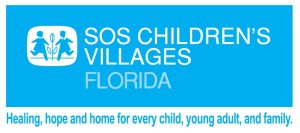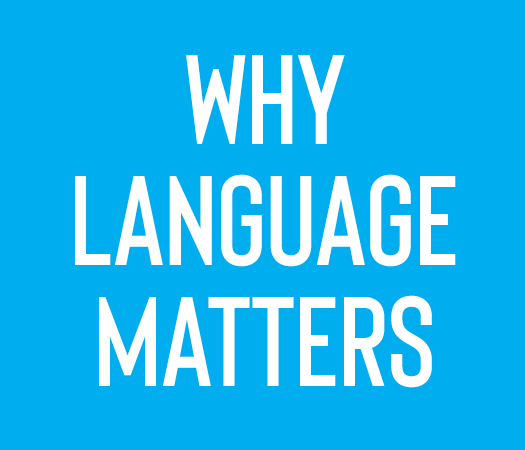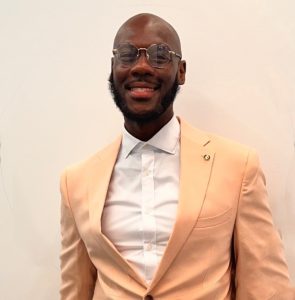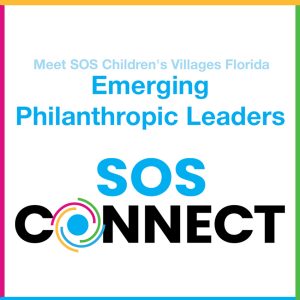“People should not be defined by their experiences. This is especially true for youth with lived experience in the child welfare system which includes foster care.”
In June SOS Children’s Villages Florida hosted a community program made up of a panel of business leaders and advocates, to work to redress foster care biases, close gaps of marginalization, and shed light on more appropriate and sensitive ways of addressing youth. The term “Foster Youth” can be viewed as reducing, belittling, and does not appropriately acknowledge the varied experiences and accomplishments of these young adults. Each person is his/her own entity and time spent in foster care is only a “pocket” of their life experience.
“The coming together as a community and having corporate support to produce this type of event is critical towards impacting change. It was an eye opener for me personally and has caused us to rethink and literally rewrite some of the narrative we send to our donors.,” shared SOS Chief Development Officer, Dawn Seay.
THIS EDUCATION SESSION WAS PRESENTED BY
SPONSORS
FPL
Marsh McLennan Agency
Memorial Healthcare System
JM Lexus
Advocates Maria Batista and Barbara Amedoadzi share valuable insights and salient perspectives on what change is necessary and how we can become our own “Agents of change.”
PANELISTS WEIGH IN ON WHY LANGUAGE MATTERS
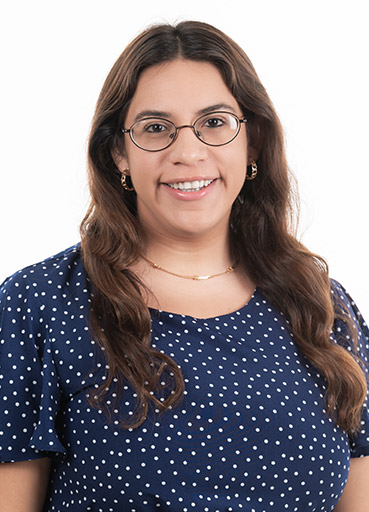
Maria Batista
Maria Batista is the Florida Youth SHINE Statewide Coordinator where she empowers youth to become leaders and advocates. Growing up, Maria spent seven years in the Florida Foster Care system and saw the injustices that youth experienced first-hand, which served as fuel for her advocacy journey.
“Language matters because youth need unconditional love and support. Language can have an impact which we may not know or understand. My goal is to make sure that whatever language I use only uplifts and empowers youth.”
Marria Batista works with organizations and national partners to use the term “Lived Experience” in foster care vs. using “Foster Youth.” The latter is more labeling and removes the identity of the person. For a person who spent time in the foster care system, this was something endured and does not serve as an identity. She shares that labeling can lead to re- traumatization of unresolved issues for some, and for others it can contribute to biases, particularly in the workplace where potential mistakes made can be viewed and blamed as a result of a person having lived experience in the foster care system.

Barbara Amedoadzi
Barbara Amedoadzi currently works as a Research Manager at Boston Medical Center and advocates to raise awareness for children without parental care both in the United States and Internationally. She also brings attention to issues on gender-based violence impacting children and families leading to intergenerational trauma, and generational poverty.
“Language matters in unimaginable ways. We do not refer to or identify a person who is divorced as a “divorcee,” or someone who has experienced domestic violence as a “ domestic violence survivor.” These labels are narrow and limiting and we do a disservice to youth by imposing this language on them.”
For Barbara, as a wife, new mother, and accomplished professional; and having moved further away from her lived experience in foster care, it is especially important to acknowledge that as a woman she has grown into a multi-layered individual whose current roles eclipse her past life experience. This holds true for most of us as we evolve through life. We do a disservice by referring to those in the foster care system as “foster youth” . As a person heals from what was most likely a traumatic experience, we must do all that we can to allow individuals to move forward while opening room for conversation to address issues such as this. Removing labels is paramount to orchestrating change. Change can be impactful and with education we can all help.
